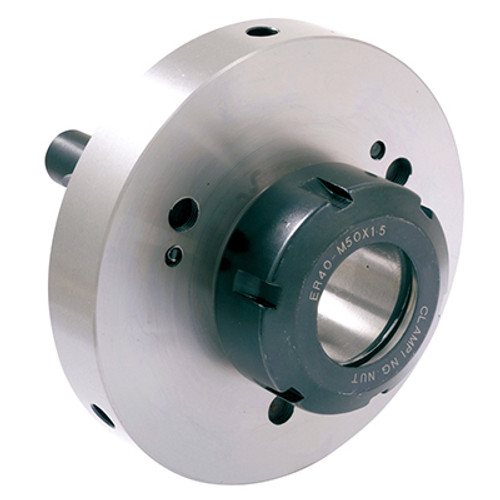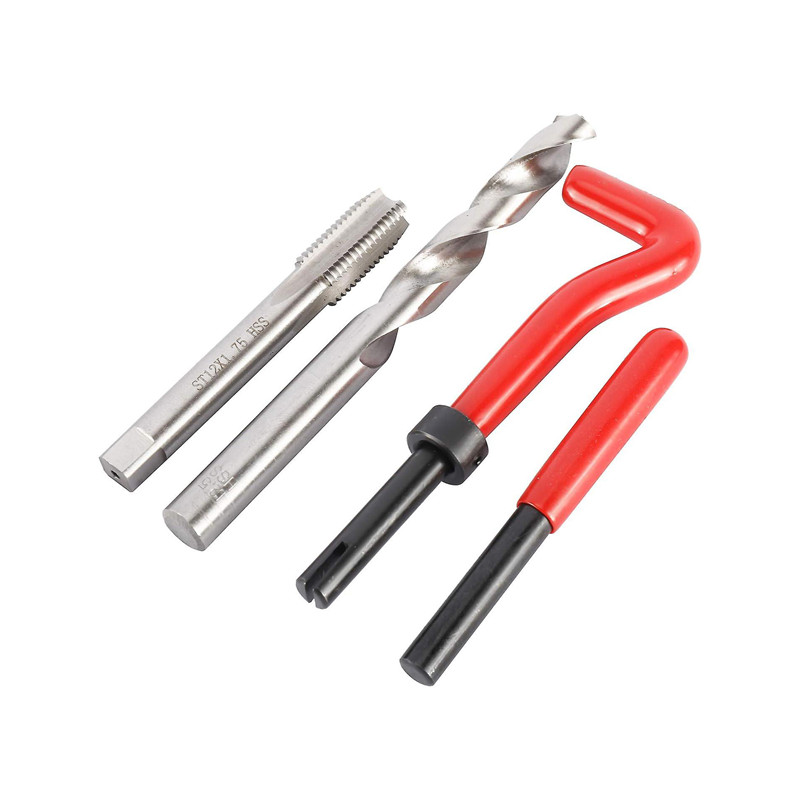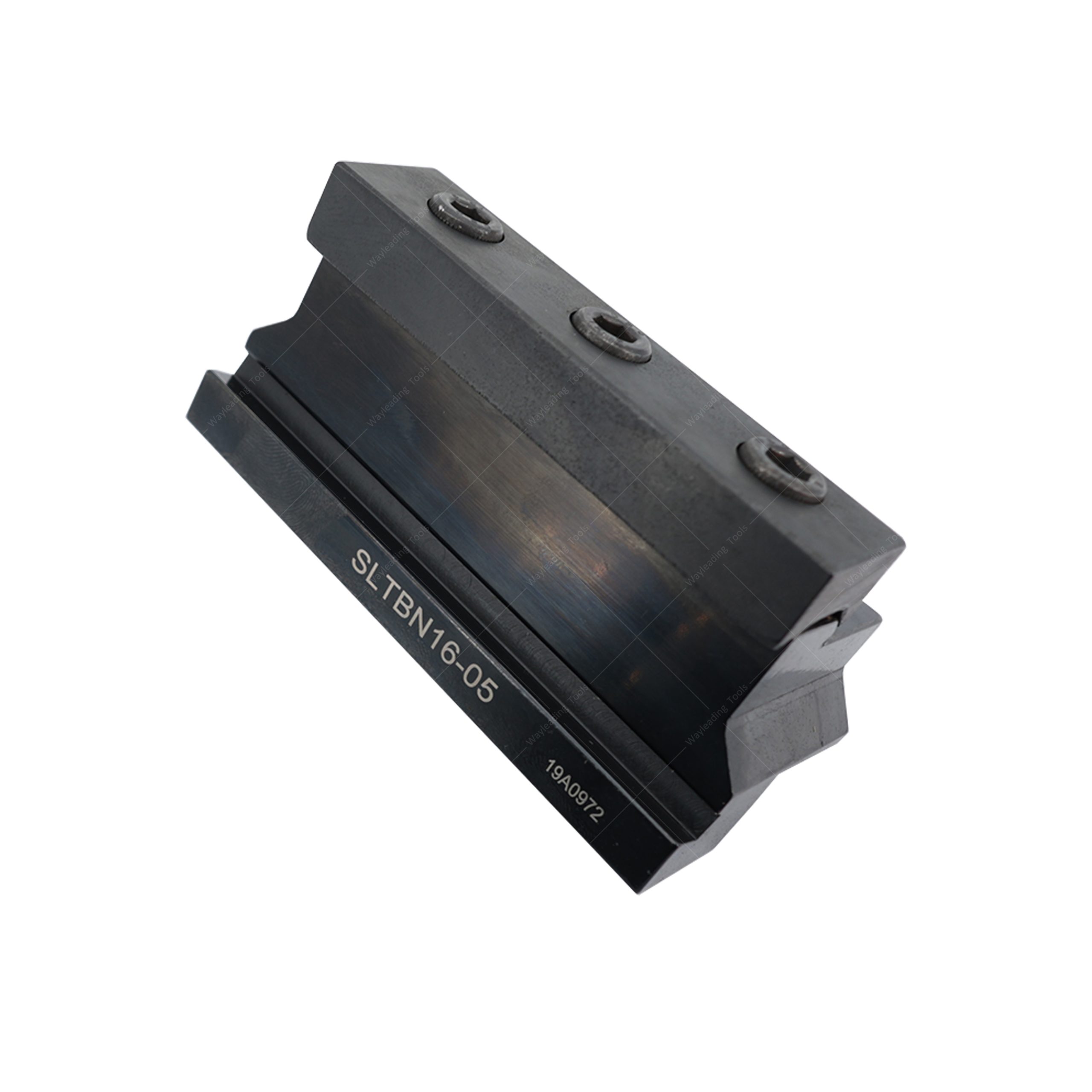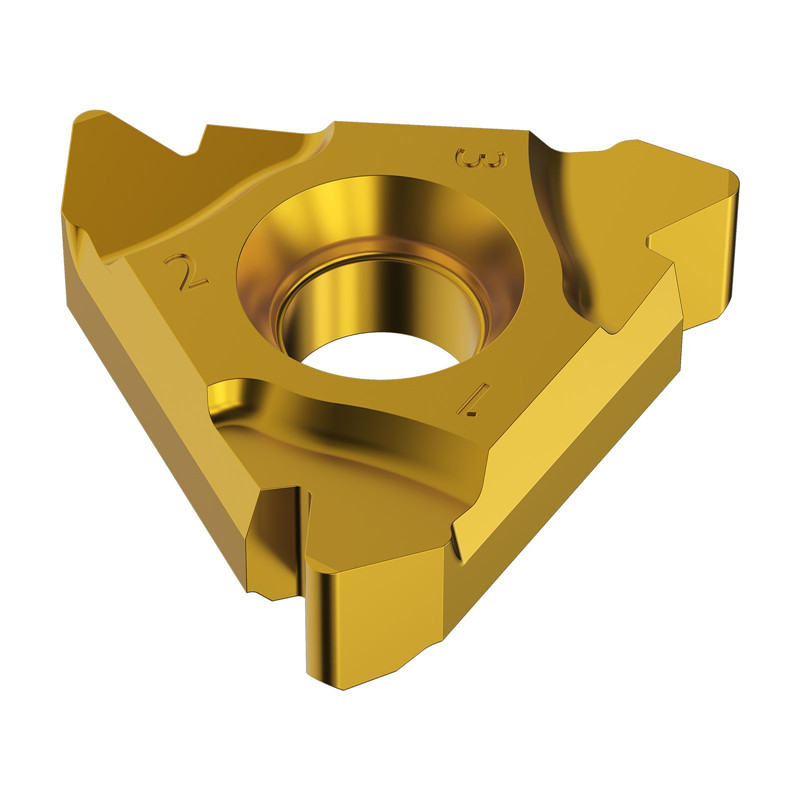feeler gauge Suppliers
Finding reliable feeler gauge suppliers can be challenging. This guide provides a comprehensive overview of what to look for when selecting a supplier, including the types of feeler gauges available, key factors to consider, and where to find reputable suppliers to ensure you get the right tools for accurate measurements.
Understanding Feeler Gauges
Feeler gauges, also known as thickness gauges, are essential tools for measuring small clearances and gaps with precision. They consist of a set of thin metal blades of varying thicknesses, each marked with its thickness value, typically in inches or millimeters.
Types of Feeler Gauges
- Straight Feeler Gauges: The most common type, used for general-purpose measurements.
- Tapered Feeler Gauges: Designed for measuring clearances in spark plugs and other hard-to-reach areas.
- Bent Feeler Gauges: Used for measuring clearances where straight blades cannot access.
- Wire Feeler Gauges: Typically used to measure very small clearances, especially in electronics.
Key Factors to Consider When Choosing a Feeler Gauge Supplier
Selecting the right supplier is critical to ensuring you receive high-quality, accurate feeler gauges. Here are some key factors to consider:
Quality and Accuracy
The most important factor is the quality and accuracy of the feeler gauges. Look for suppliers that offer gauges made from high-quality materials like hardened steel or stainless steel. Accuracy is critical for precise measurements. Check if the supplier provides calibration certificates or adheres to industry standards.
Range of Sizes and Types
Different applications require different sizes and types of feeler gauges. A good supplier should offer a wide range of sizes, typically measured in inches (e.g., 0.0015 inch to 0.035 inch) or millimeters (e.g., 0.04 mm to 1 mm). They should also offer different types, such as straight, tapered, and bent gauges, to meet various measurement needs.
Material and Durability
The material of the feeler gauge affects its durability and resistance to corrosion. Hardened steel gauges are durable and offer good wear resistance. Stainless steel gauges are resistant to rust and corrosion, making them suitable for use in harsh environments.
Supplier Reputation and Reliability
Choose a supplier with a good reputation for providing high-quality products and excellent customer service. Check online reviews and ratings to get an idea of the supplier's reliability. A reliable supplier should offer warranties and have a clear return policy.
Price and Value
While price is a factor, it should not be the only consideration. Focus on value, which is the balance between price and quality. Compare prices from different suppliers, but prioritize quality and accuracy over the lowest price.
Where to Find Reputable Feeler Gauge Suppliers
Finding reliable feeler gauge suppliers requires some research. Here are several avenues to explore:
Online Marketplaces
Online marketplaces like Amazon, eBay, and Alibaba offer a wide variety of feeler gauges from different suppliers. Be sure to check the supplier's ratings and reviews before making a purchase.
Industrial Supply Companies
Industrial supply companies like MSC Industrial Supply, Grainger, and McMaster-Carr specialize in providing tools and equipment for industrial applications. These companies typically offer high-quality feeler gauges from reputable manufacturers.
Specialty Tool Suppliers
Specialty tool suppliers focus on specific types of tools and equipment. These suppliers often have a deep understanding of their products and can provide expert advice on selecting the right feeler gauge for your needs.
Direct from Manufacturers
Purchasing feeler gauges directly from manufacturers can often provide the best prices and quality. Research manufacturers that specialize in precision measurement tools and contact them directly.
Top Feeler Gauge Suppliers to Consider
Here are a few reputable feeler gauge suppliers to consider, offering a range of options to suit your needs:
- Starrett: Known for high-precision measuring tools, Starrett offers a wide range of feeler gauges with exceptional accuracy.
- Mitutoyo: A global leader in metrology, Mitutoyo provides feeler gauges known for their quality and reliability.
- Lufkin: A brand with a long history of producing quality measuring tools, including accurate feeler gauges.
Feeler Gauge Applications and Best Practices
Feeler gauges find applications in various industries, including automotive, aerospace, manufacturing, and electronics. Here are some common applications and best practices:
Automotive Applications
Feeler gauges are widely used in automotive maintenance and repair for tasks such as setting valve clearances, adjusting spark plug gaps, and aligning distributor points. Accuracy is crucial to ensure optimal engine performance.
Manufacturing Applications
In manufacturing, feeler gauges are used for quality control and inspection, measuring clearances between parts and ensuring proper alignment. They are essential tools for maintaining precision and consistency.
Electronics Applications
Feeler gauges are used in electronics for measuring small clearances between components, ensuring proper spacing and preventing short circuits. Wire feeler gauges are particularly useful for this application.
Best Practices for Using Feeler Gauges
- Cleanliness: Ensure that the surfaces being measured and the feeler gauge blades are clean and free from debris.
- Correct Blade: Select the appropriate blade thickness for the desired clearance.
- Gentle Insertion: Insert the blade gently and avoid forcing it into the gap.
- Proper Feel: The blade should slide into the gap with slight resistance.
- Calibration: Periodically check the accuracy of the feeler gauges and recalibrate them if necessary.
Finding Your Ideal Feeler Gauge Set at Wayleading Tools
When seeking reliable and precise feeler gauges, consider exploring the options available at Wayleading Tools (www.wayleading.com). We are committed to providing high-quality measurement tools that meet the diverse needs of professionals across various industries. Our selection includes various types and sizes to ensure you find the perfect tool for your specific application. Whether you need a standard set for automotive maintenance or a specialized gauge for precision manufacturing, Wayleading Tools can help you find the right solution.
Troubleshooting Common Issues with Feeler Gauges
Even with proper care, issues can arise with feeler gauges. Here's how to troubleshoot some common problems:
Bent or Damaged Blades
Bent or damaged blades can affect the accuracy of the feeler gauge. Replace any damaged blades immediately. Consider purchasing a complete replacement set if multiple blades are damaged.
Inaccurate Readings
Inaccurate readings can be caused by worn or damaged blades, improper use, or lack of calibration. Ensure that the blades are clean and in good condition. Calibrate the feeler gauge regularly to maintain accuracy.
Difficulty Inserting Blades
Difficulty inserting blades can be caused by debris in the gap or bent blades. Clean the gap thoroughly and ensure that the blades are straight and undamaged.
Benefits of Using High-Quality Feeler Gauges
Investing in high-quality feeler gauges offers several benefits:
- Improved Accuracy: High-quality feeler gauges provide more accurate measurements, leading to better results.
- Increased Efficiency: Accurate measurements reduce the risk of errors and rework, saving time and money.
- Enhanced Durability: High-quality feeler gauges are more durable and resistant to wear and corrosion, lasting longer.
- Greater Reliability: Reliable measurements ensure consistent results, improving the quality of work.
Conclusion
Choosing the right feeler gauge supplier is essential for ensuring accurate and reliable measurements. Consider factors such as quality, range of sizes, material, supplier reputation, and price. By researching and comparing different suppliers, you can find the best feeler gauges for your specific needs. Whether you're working in automotive, manufacturing, or electronics, investing in high-quality feeler gauges will improve accuracy, efficiency, and reliability.
Related products
Related products
Best selling products
Best selling products-
 APKT Milling Insert For Indexable Milling Cutter
APKT Milling Insert For Indexable Milling Cutter -
 5C Square Collet With Inch and Metric Size
5C Square Collet With Inch and Metric Size -
 Precision Dial Caliper Of Double Shock-Proof For Industrial
Precision Dial Caliper Of Double Shock-Proof For Industrial -
 Precision V Block Set With M Type
Precision V Block Set With M Type -
 Metric HSS Step Drills With Straight Flute
Metric HSS Step Drills With Straight Flute -
 Precision Expanding Mandrel From 9/16″ to 3-3/4″
Precision Expanding Mandrel From 9/16″ to 3-3/4″ -
 Camlock ER Collet Fixture With Lathe Collet Chuck
Camlock ER Collet Fixture With Lathe Collet Chuck -
 131PCS Thread Repair Set And Helicoil Type Thread Repair Set
131PCS Thread Repair Set And Helicoil Type Thread Repair Set -
 Digital Indicator – Precision Type, Inch/Metric, Industrial Grade
Digital Indicator – Precision Type, Inch/Metric, Industrial Grade -
 Parting & Grooving Tool Block For NCIH Blades
Parting & Grooving Tool Block For NCIH Blades -
 DIN338 HSS Twist Drill Bit Fully Ground Or TiN Coated
DIN338 HSS Twist Drill Bit Fully Ground Or TiN Coated -
 Single Wheel Knurling Tools With Straight Pattern For Industrial Type
Single Wheel Knurling Tools With Straight Pattern For Industrial Type











